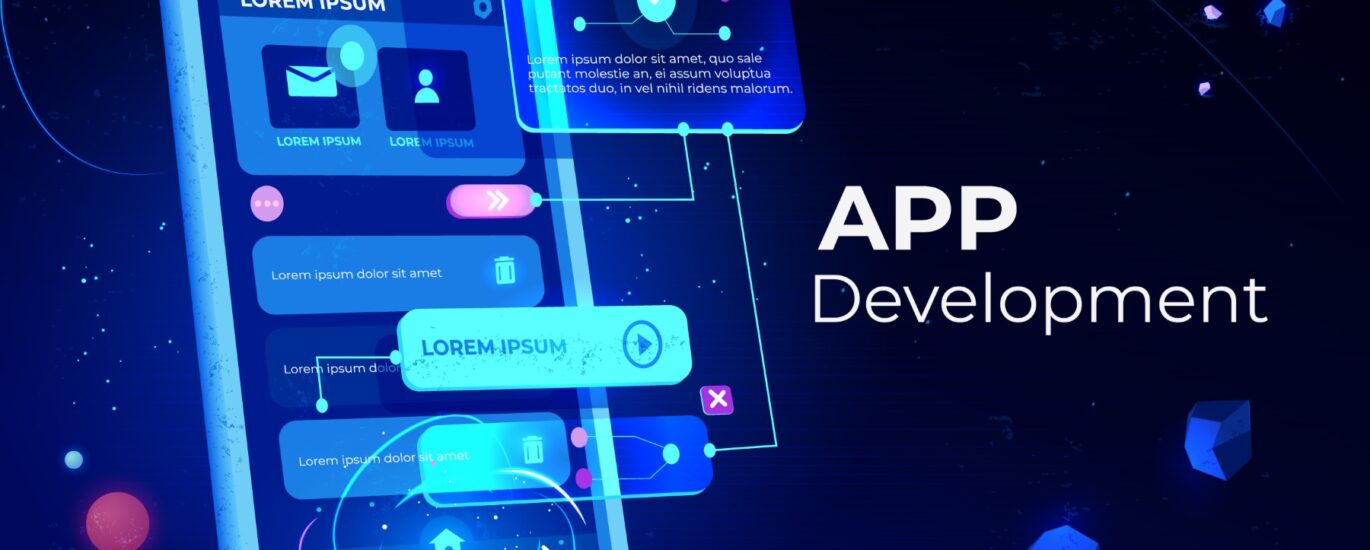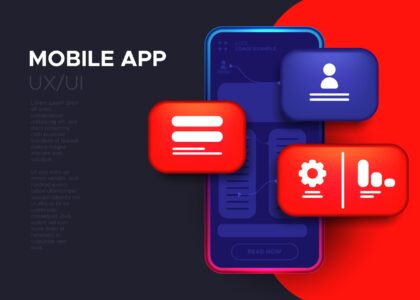In the rapidly evolving world of mobile application development, choosing the right type of application is crucial for delivering the best user experience and achieving your business goals. Mobile applications generally fall into three categories: native, hybrid, and web applications. Each type has its own set of features, benefits, and trade-offs. In this blog, we’ll explore the primary differences between these types of apps to help you make an informed decision.
What Are Native Applications?
Native applications are built specifically for a particular platform, such as iOS or Android. They use platform-specific programming languages, tools, and frameworks.
- Programming Languages:
- iOS: Swift, Objective-C
- Android: Kotlin, Java
- Features:
- Optimized performance due to platform-specific development.
- Direct access to device hardware and features, such as GPS, camera, and sensors.
- Distributed via platform-specific app stores (e.g., Apple App Store, Google Play Store).
- Advantages:
- High performance and responsiveness.
- Seamless integration with device features.
- Superior user experience tailored to the platform.
- Disadvantages:
- Higher development costs since separate apps must be built for each platform.
- Time-intensive development process.
What Are Web Applications?
Web applications are essentially websites optimized for mobile devices. They run in a browser and do not require installation from an app store.
- Programming Languages:
- HTML, CSS, JavaScript
- Features:
- Accessible via a URL and run directly in a web browser.
- No download or installation required.
- Device-independent.
- Advantages:
- Cost-effective and quick to develop.
- Easy to maintain as updates are applied centrally on the server.
- Cross-platform compatibility.
- Disadvantages:
- Limited access to device hardware and native features.
- Lower performance compared to native apps.
- Requires an active internet connection for full functionality.
What Are Hybrid Applications?
Hybrid applications are a blend of native and web technologies. They are built using web technologies but are packaged within a native app shell to allow deployment via app stores.
- Programming Languages:
- HTML, CSS, JavaScript (frameworks like Ionic, React Native, Flutter)
- Features:
- Can access some native device features via plugins or APIs.
- Installed like a native app but relies on web views for rendering.
- Advantages:
- Faster development compared to native apps as a single codebase can be used for multiple platforms.
- More cost-effective than native apps.
- Easier to update compared to fully native applications.
- Disadvantages:
- Performance is not as optimized as native apps.
- Dependency on third-party frameworks for accessing native features.
- May have inconsistent user experiences across platforms.
Which Should You Choose?
The choice between native, web, and hybrid applications depends on your specific project needs, budget, and timeline:
- Choose Native Applications if:
- You need high performance and seamless integration with device features.
- User experience is a top priority.
- You have the budget for platform-specific development.
- Choose Web Applications if:
- You need a cost-effective solution with quick development.
- Your app does not require extensive access to device features.
- You want a cross-platform solution with easy updates.
- Choose Hybrid Applications if:
- You want a balance between cost and performance.
- You need faster deployment across multiple platforms.
- Your app requires partial access to native features.
Final Thoughts
Understanding the differences between native, web, and hybrid applications is essential for choosing the right approach for your project. Each option has unique strengths and weaknesses, so it’s important to align your choice with your business goals, user needs, and budget.
As a freelance developer, I specialize in crafting solutions tailored to your requirements, whether you’re looking for native, hybrid, or web applications. Let’s collaborate to bring your vision to life!





